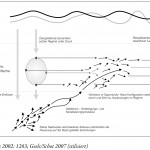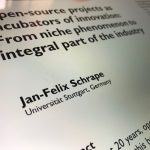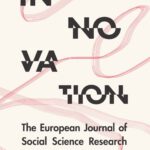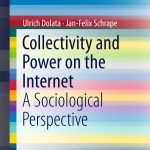Querverweis: »Mass personalization of truth«
Jan-Felix Schrape | 22. Januar 2021Der Journalist Hossein Derakhshan, der 2008 als Begründer der kritischen Bloggingszene im Iran verhaftet wurde, seit November 2014 wieder auf freiem Fuß ist und 2015 mit dem Artikel »The Web We Have to Save« Aufmerksamkeit erlangte, hat auf den Seiten des Nieman Labs einen kompakten Text veröffentlicht, in dem er seine These der »mass personalization of truth« wie folgt ausformuliert:
»Mass personalized consumption of goods, services, and messages has now become a reality. However, policymakers around the world have had a more radical dream: a society of one. Such a dream requires a much deeper kind of mass personalization, beyond messages, goods, and services. A society of one means the mass personalization of truth.
[…] Our realities deal with what we eat or read or watch, but our truths deal with our gut feelings about how we and things are or should be. If reality is about cognitive experiences, truth is about affective meanings. The filter bubble is a now discredited theory on mass personalization of reality which claims that digital platforms enclose us in cognitive cocoons. But evidence shows that people’s beliefs have little to do with their level of exposure to difference or dissent.
[…] Mass personalization of truth is where both our bodies and minds are affected by automated technologies of prediction and fragmentation. It is not just about listening to your weekly Spotify-curated playlist, but about listening to it through earbuds which in effect privatize our sensory and bodily experience, even in public spaces such as public transit. It’s not only about where Google Maps suggests we get a coffee, but also the route we should take to get there; it’s not only about showing you anti-smoking ads on Facebook, it’s about raising your private health insurance premium. The implications of the mass personalization of truth are immense. It affects notions of trust, justice, and autonomy. When we live by personalized truths, our shared trust in social institutions such as science, education, or law erodes. […]«












